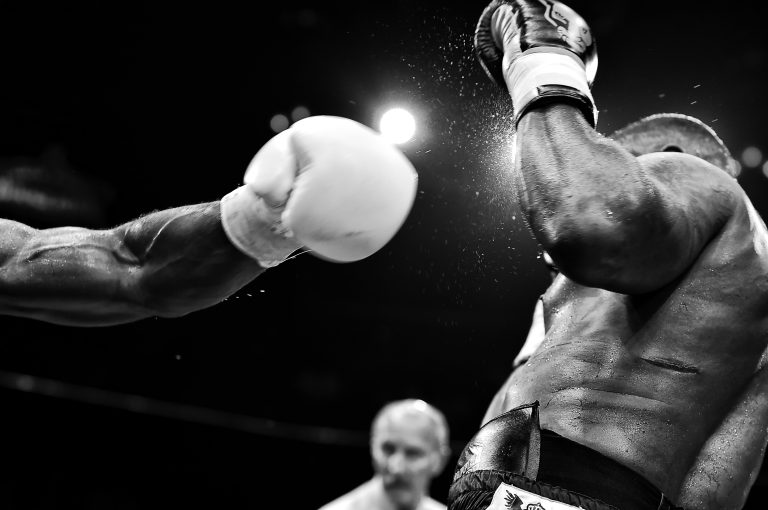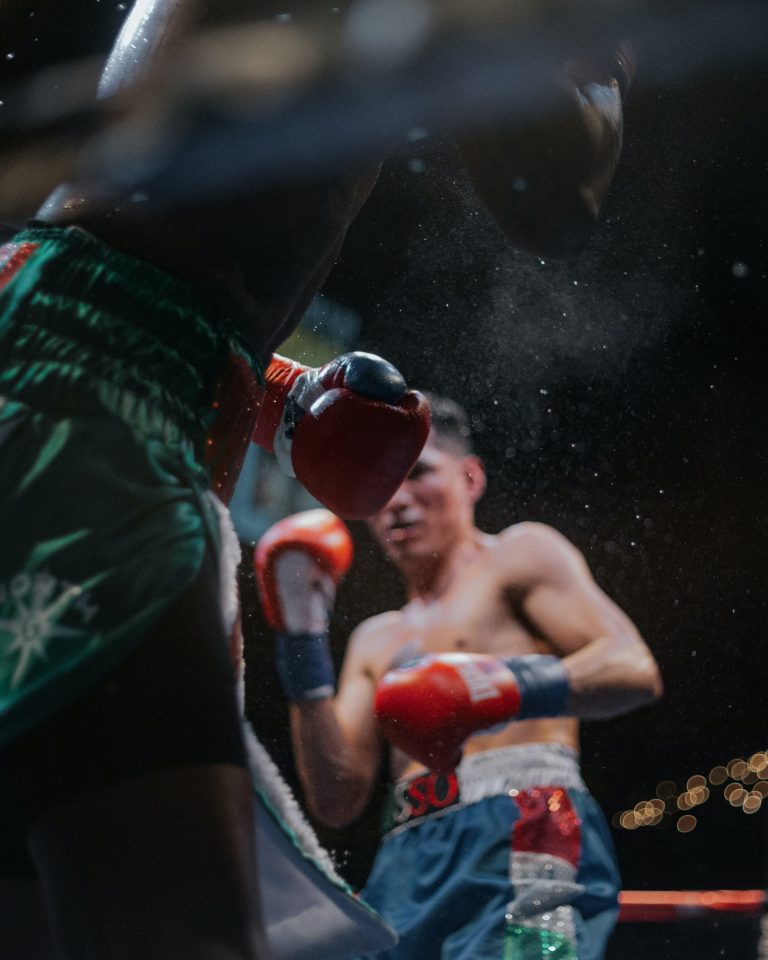Why Karate Doesn’t Work: Debunking Common Myths
Karate has been around for centuries and has gained a reputation as a lethal form of self-defense. However, many people who have trained in karate often find that it doesn’t work in real-life situations. So, why doesn’t karate work? In this blog post, we will debunk some common myths about karate and explain why it may not be the best form of self-defense.
Myth #1: Karate is too focused on tradition and form
One of the most common criticisms of karate is that it is too focused on tradition and form, and not enough on practical self-defense. Many karate classes spend a lot of time on katas (a series of predetermined movements) and other formalities, which can make it difficult for students to see how these movements can be applied in real-life situations.
While it is true that some karate schools prioritize tradition and form over practicality, this is not universal. Many modern karate schools have adapted their training methodologies to focus more on practical self-defense techniques. These schools often work with real-life scenarios and train students in a way that prepares them for real-life situations.
Myth #2: Karate is too rigid
Another common criticism of karate is that it is too rigid and doesn’t allow for improvisation. This is partly due to the emphasis on kata training that we mentioned earlier. However, it’s important to understand that karate is a system of movement, and most karate techniques are based on principles that can be applied in many different situations.
The key to making karate work in real-life situations is to understand these principles and how to apply them. This requires a deeper understanding of the techniques, which can only be obtained through consistent training and application. While karate may seem rigid on the surface, it is actually quite adaptable once you understand its underlying principles.
Myth #3: Karate doesn’t work in real-life situations
Perhaps the biggest myth about karate is that it simply doesn’t work in real-life situations. This myth is perpetuated by videos of martial arts self-defense fails, often featuring practitioners of karate.
However, it’s important to understand that self-defense is a complex and unpredictable activity. There are always going to be situations where no amount of training can fully prepare you for what may happen. That said, karate can be an effective form of self-defense, but it requires the right kind of training and a realistic understanding of what it can and can’t do.
The Reality of Karate as Self-defense
While there are some myths about karate that need to be debunked, it’s important to understand that karate can be an effective form of self-defense. However, it requires the right kind of training and preparation.
First, it’s important to choose the right karate school. Look for a school that prioritizes practical self-defense techniques and incorporates real-life scenarios into training. Talk to the instructors and ask about their teaching philosophy and how they approach self-defense training.
Second, consistency is key. You can’t expect to be able to defend yourself effectively in a real-life situation if you only attend karate class once a week. You need to be consistent in your training and practice your techniques until they become second nature.
Finally, it’s important to understand the limitations of karate as a form of self-defense. It’s not a magic bullet that will make you invincible in any situation. There are situations where karate may not be effective, and it’s important to understand these limitations.
Why Karate doesn’t work: Frequently Asked Questions
Karate is one of the most popular martial arts in the world. It is a highly disciplined form of self-defense that focuses on striking techniques. But despite its widespread popularity, there are still many people who seem to think that Karate doesn’t work in real-life situations. In this blog post, we’ll answer some of the most commonly asked questions about why Karate doesn’t work.
Question 1: Is Karate too traditional to be effective in modern self-defense scenarios?
While it’s true that Karate has its roots in ancient Japanese martial arts, it has evolved over time to incorporate modern self-defense techniques. Many Karate schools today teach practical self-defense techniques that are relevant in today’s world. In fact, many law enforcement agencies and military organizations around the world still train in Karate.
Question 2: Is Karate too rigid and structured to be effective in real-life situations?
While it is true that Karate has a set of techniques and forms that must be learned and practiced, this is true of any martial art. Karate’s structure and discipline actually help to develop a practitioner’s strength, speed, and accuracy. And while Karate’s forms are rigid, they can be adapted and modified to suit a variety of situations.
Question 3: Does Karate rely too much on non-contact sparring?
One of the criticisms of Karate is that it relies too heavily on non-contact sparring, which can be unrealistic in real-life situations. However, many Karate schools do incorporate contact sparring into their training programs. Additionally, Karate’s focus on speed, accuracy, and precision strikes can be effective in disabling an attacker without the need for full-force strikes.
Question 4: Is Karate ineffective against other martial arts?
Karate can be effective against other martial arts, as long as the practitioner is skilled and experienced. Every martial art has its strengths and weaknesses, and it’s important to have a well-rounded understanding of other martial arts to be effective in a real-life situation. Many Karate schools incorporate techniques from other martial arts into their training programs.
Question 5: Is Karate only effective for certain body types or ages?
Karate can be effective for people of all ages and body types. In fact, because Karate relies on technique rather than physical strength, it can be especially useful for smaller, weaker individuals. Additionally, Karate’s focus on discipline, focus, and perseverance can be beneficial for people of any age.
The Guide to Understanding Why Karate Doesn’t Work
Are you one of those karate enthusiasts who wonders why your training isn’t working as expected? If yes, then you must be curious about why karate doesn’t work. This blog post will guide you through everything you need to know.
What is Karate?
Before we dive into why karate doesn’t work, let’s first understand what karate is. Karate is a form of martial art that originated in Okinawa, Japan, and involves a combination of punches, kicks, and open-handed strikes. Karate is known for its impact force, quick strikes, and the ability to break boards or other objects.
Why Doesn’t Karate Work?
Karate is a traditional martial art form that teaches a set of rules and techniques that are designed to be used in a self-defense situation. However, many people who practice karate find themselves unable to apply those techniques in real-life scenarios. Here are some reasons why karate doesn’t work in real-life situations.
Not Enough Practice
One of the reasons why karate doesn’t work is that people do not practice enough. Karate is a martial art that requires a lot of commitment and regular practice to become proficient. Most people who practice karate only practice a few hours a week, which is not enough to develop the right reflexes and techniques required for effective self-defense.
Wrong Techniques
Another reason why karate doesn’t work is that people use the wrong techniques. It is essential to use the correct technique at the right moment while practicing karate. For example, a powerful kick can knock an opponent out, but if you are too slow, or your technique is incorrect, that same kick can leave you vulnerable to an attack.
Inadequate Application of Techniques
Even when someone is practicing the right techniques, applying them in a real-world scenario is completely different. Under stress or pressure, people tend to forget even the simplest of techniques. To become proficient in applying the techniques in real-life situations, people need to practice in as close to the real-life scenarios as possible.
Real-World Situations are Different
The real-world self-defense situations are dynamic in nature, with the attacker frequently changing their attack pattern or even their techniques. This unpredictability is not a part of the traditional karate training, and it is this lack of experience in these circumstances that make it difficult for people to effectively apply their karate skills in a real-life situation.
What Can You Do to Make Karate Work?
To make karate work in real-life scenarios, you need to consider the above-mentioned reasons why karate doesn’t work and take action to overcome them. Here are some things you can do.
Practice Consistently
The first thing you need to do is to make a regular routine for practising karate consistently. Ideally, you should practice at least three to four days a week to become proficient in applying the techniques.
Practice Different Scenarios
Incorporating different scenarios into your training can help you increase your ability to react quickly and effectively in varying situations. Contact sparring is an excellent way to put people under some pressure, get them out of their comfort zones in a controlled environment, and encourage their ability to react quickly.
Real-Life Scenarios Training
By training in different scenarios that you can expect in real life, you will gain valuable experience in applying the techniques in real-time. You may improvise weapons or utilise defence tactics in a way that traditional karate techniques might not have equipped you for.
Training with Other Martial Art Forms
Lastly, exposure to different martial art forms can help make your practice more vibrant, provide you with a different approach to self-defence, and allow you to develop a multitude of skills that may complement the karate techniques you already have.
Conclusion
Karate is an efficient and effective martial art form that can be applied in real-life scenarios. However, for it to work, practitioners must practice regularly, use the right techniques, practice under different scenarios, and get experience in real-life situations. By following these guidelines, you can become a proficient karate practitioner and use your skills to defend yourself effectively.
Inhaltsverzeichnis






